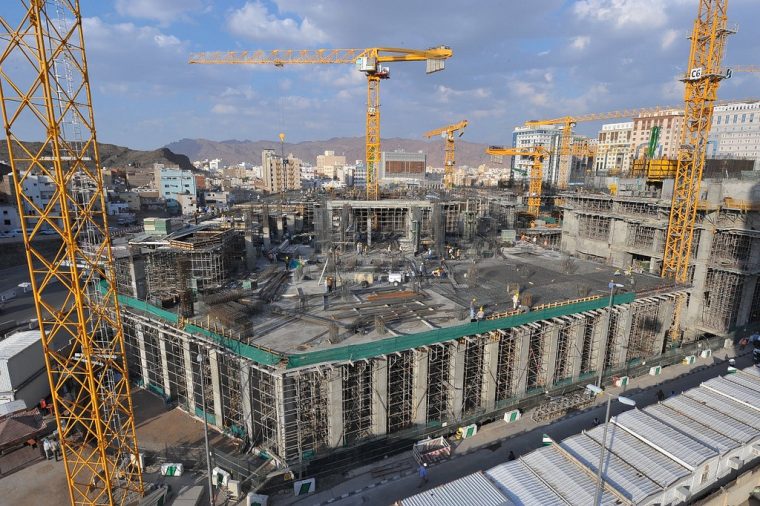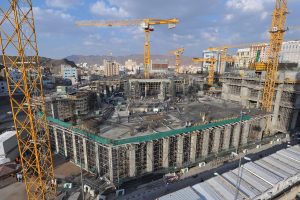
As the national dialogue regarding infrastructure spending in the United States intensifies, another voice is being added to the conversation. The newly announced Coalition to Modernize American Infrastructure, an offshoot of the Bipartisan Policy Center (BCP) Executive Council on Infrastructure, is lending its support to bringing together decision-makers from both political parties and other stakeholders to discuss mounting infrastructure needs and how to pay for them.

Photo courtesy of Mohammad M.Ammar
BPC is a nonprofit think-tank in Washington, D.C., that promotes bipartisanship efforts to address the country’s key challenges. No one from either side of the aisle will argue against the fact that infrastructure needs in the U.S. are rapidly escalating, and that ignoring those needs can have dynamic effects on the federal, state and local economies and the nation’s ability to compete in the global marketplace.
Coalition officials describe their organization as a group of advocates, experts and business leaders who “are a diverse coalition that are united by a shared vision.” The new coalition includes some heavy hitters. There’s the U.S. Chamber of Commerce, the largest business organization in the world representing more than 3 million businesses of all sizes throughout the country. The National Governor’s Association, which represents governors from the country’s 55 states, territories and commonwealths, is also a coalition member. Others include the Securities Industry and Financial Markets Association, the National Association of Manufacturers, Business Roundtable, the National Association of Clean Water Agencies, the Association of Metropolitan Water Agencies, Building America’s Future and North America’s Building Trades Unions.
The group says U.S infrastructure is in “crisis” mode, including broadband, water and wastewater, transportation and other types of infrastructure. It urges the country and the Trump administration to work together to solve the country’s infrastructure problems.
While the group supports increased and long-term federal funding to help pay for new construction and infrastructure renovations at all levels of government, it also recognizes that the private sector can play an important role in reaching investment goals.
The coalition notes that by encouraging public-private partnerships (P3s), infrastructure projects can be completed with increased efficiency, expertise and innovation while attracting readily available private capital. But to do so, say coalition officials, barriers must be removed and incentives provided to encourage private investment. Also, the coalition acknowledges that a tax-exempt debt market, special bonds and tax credits can help expand financing options for infrastructure projects.
The group also advocates for policy changes such as expedited permitting processes, modernization of procurement practices and other incentives that can lead to projects being finalized quicker and at less cost.
When it comes to the nation’s infrastructure, everybody has an opinion, particularly how much money will be available and how and where it will be spent. The Coalition to Modernize American Infrastructure is seeking to bring all the players together toward one end – promoting both public and private investment in U.S. infrastructure needs. These investments can help secure the nation’s future, create of millions of jobs and ensure the quality of life in communities throughout the country while mapping a path to prosperity for the entire nation.
Photo courtesy of Mohammad M.Ammar
